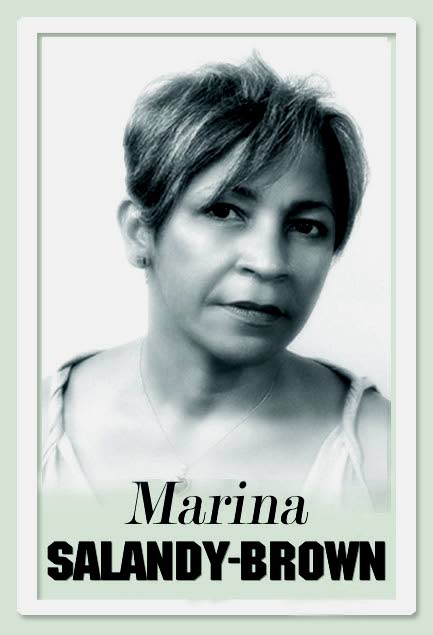Too much ID in TT

It happened again this week. I was asked for my ID on several separate occasions in order to carry out mundane activities that in no way could have been construed as a threat to the state, any individual or entity. Then why did I have to divulge personal information to someone who had no real business having it?
The most irritating intrusion on my privacy was when I attempted to enter a ministry for a meeting with a government minister and a very bossy security officer at the main reception demanded not any old form of identity but, specifically, a national identity card. I realised then that the whole business of ID cards is getting out of hand, escalated by mindless power crazy gatekeepers [in this case literally so] who keep upping the ante. Later, I read the Representation of the People Act to ensure I was right about the fact that what we call a national ID card is actually an electoral ID card. It bears a number, an image of the carrier, the person’s signature, citizenship status, place and date of birth, height and skin colour, which are all necessary for the specific purpose of proving one’s correct entitlement to vote in a certain constituency, and it is therefore signed not by the president, prime minister or some other representative of the state, nor even by the police commissioner, but by the chief election officer. Nowhere in the act is it stated that the card is a form of national ID that is required to be carried about one’s person at all times. A driving permit, similarly, has the unique purpose of showing that the person in control of a lethal weapon, called a vehicle, has been trained in its use and is allowed to use it on public roads. We know that is a bit of a laugh given how badly people drive but let’s leave that aside. The point is that one dares not leave home without that permit, especially if one does not have an electoral card, because you would be rendered useless. As for the other form of ID that can be demanded by some overzealous functionaries, a passport, this document is solely to identify people moving across international borders, not inside a country.
The burden of this constant demand for ID was further impressed upon me by the action of my two colleagues who accompanied me to the ministry, neither of whom had a driver’s licence, passport or electoral card in their possession and stood before the stony faced security officer who clearly perceived us as potential threats. One of them extracted a tattered photocopy of his passport from his wallet and the other located an image of a previous driver’s licence on her smartphone, which the brazen security officer chastised her for having expired. I do not believe that we could have been denied entry since there is no legal duty upon us to prove our identity before entering a public building but we felt threatened with that possibility. I called an attorney later to ascertain whether any legislation exists that compels us as citizens going about our daily lives to be in possession of a valid identity card and to produce this on demand by authorities. I was told there is none.
This intrusive, widespread practice is senseless. Take this example of proof of my argument that we do not know why we need the information on any form of ID. A recent financial transaction required two forms of ID. My friend who no longer drives or travels abroad therefore had only an electoral card. The clerk conducting the transaction asked if he had his birth certificate as a second form of ID. What could that actually prove? In that case, identification might be linked to the need to comply with anti-money laundering legislation but generally we need to ask what precisely is recorded when someone asks for the highly personal information on our ID and for what purpose? To be identified in case of accidental death or as a suspect in a terrorism attack? Maybe, but no one really knows why. It has simply become common practice. To me, it reveals the very low level of trust and very high degree of expectation of malpractice and violence. In any case it is a form of self-induced social oppression.
I have been thinking that I might start a political party – The No ID in TnT Party. Our mission would be to organise a potent electoral campaign to bring people to their senses and lead them to recognise their part in actively and inadvertently contributing to a police state, when nobody actually wants one, not even the people whom you imagine most might. Any takers?

Comments
"Too much ID in TT"